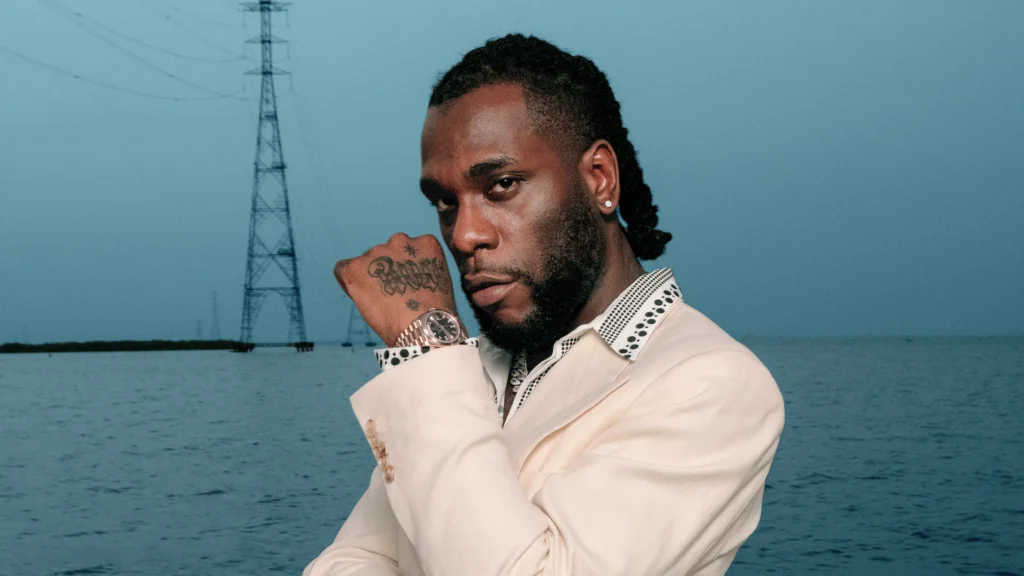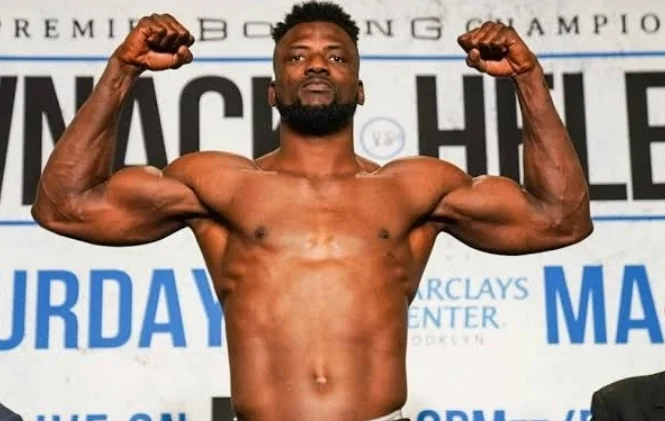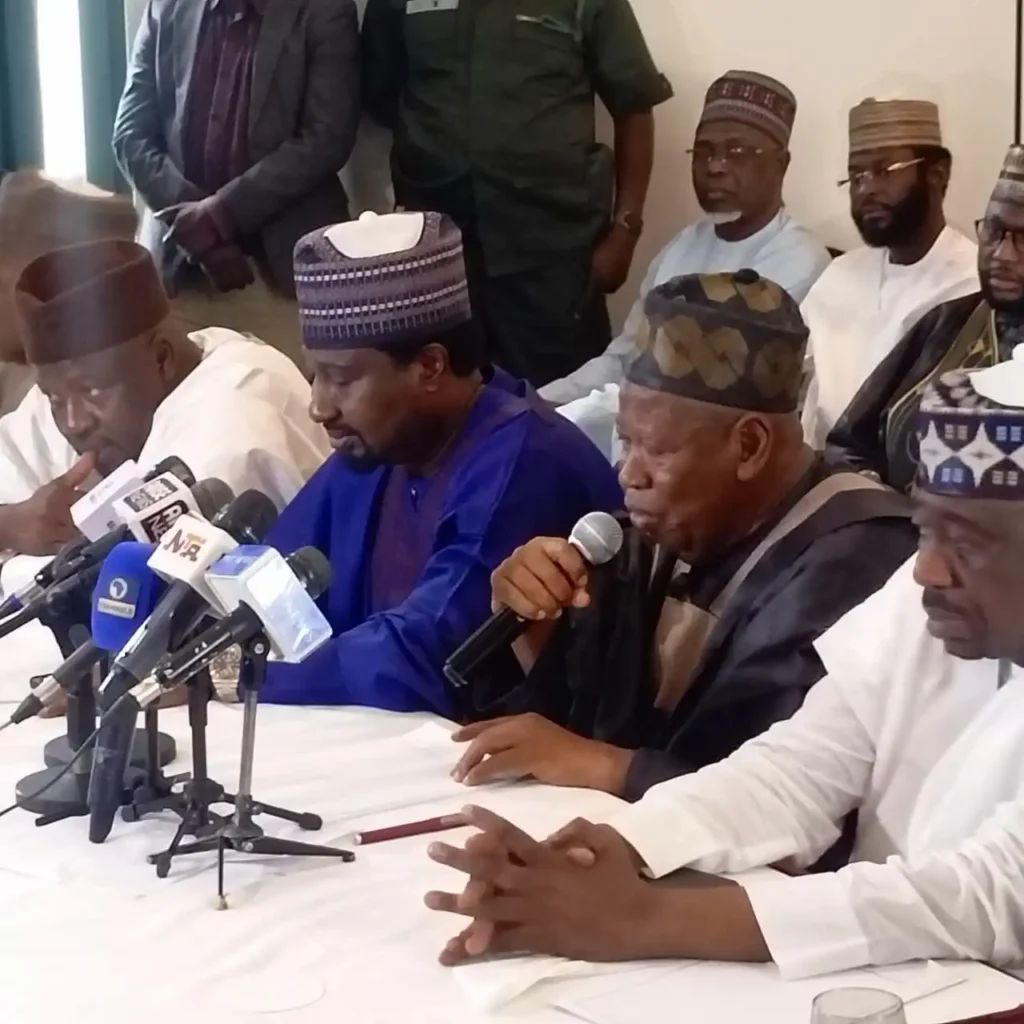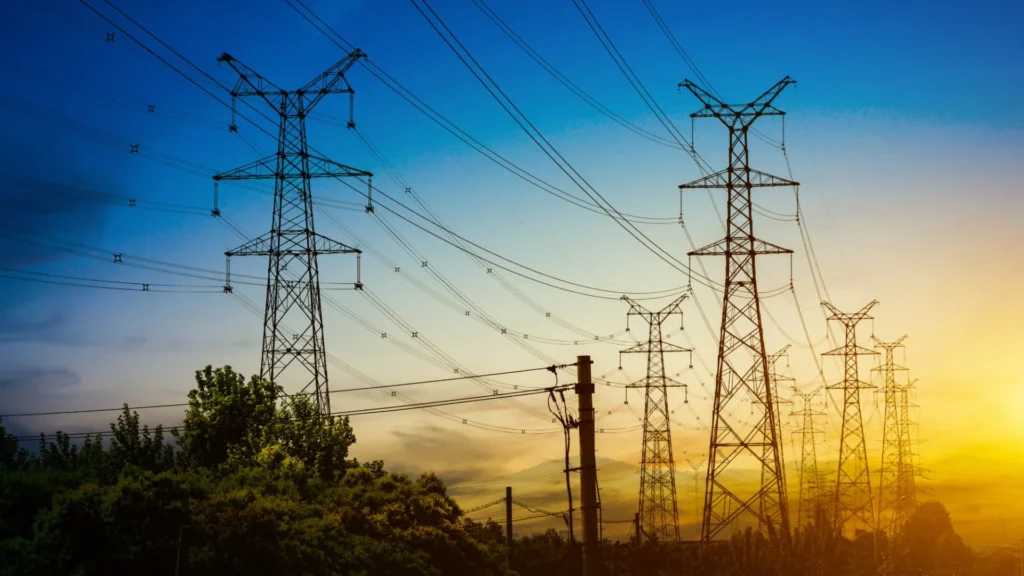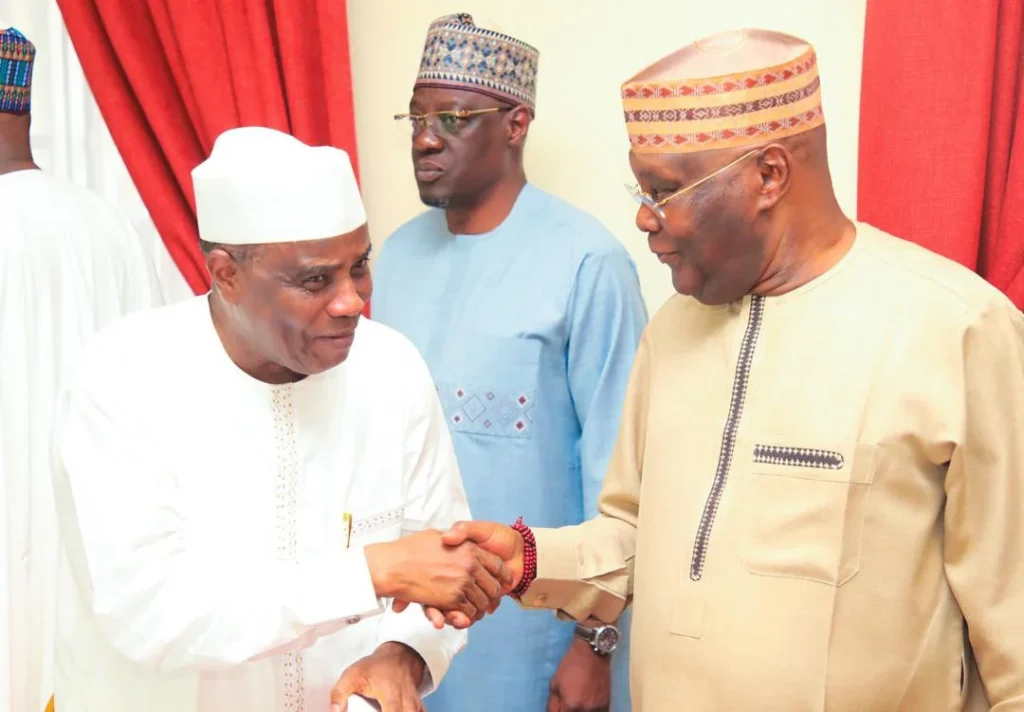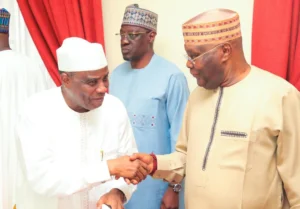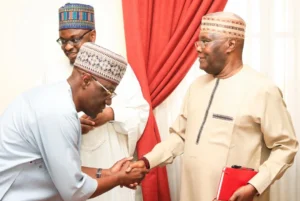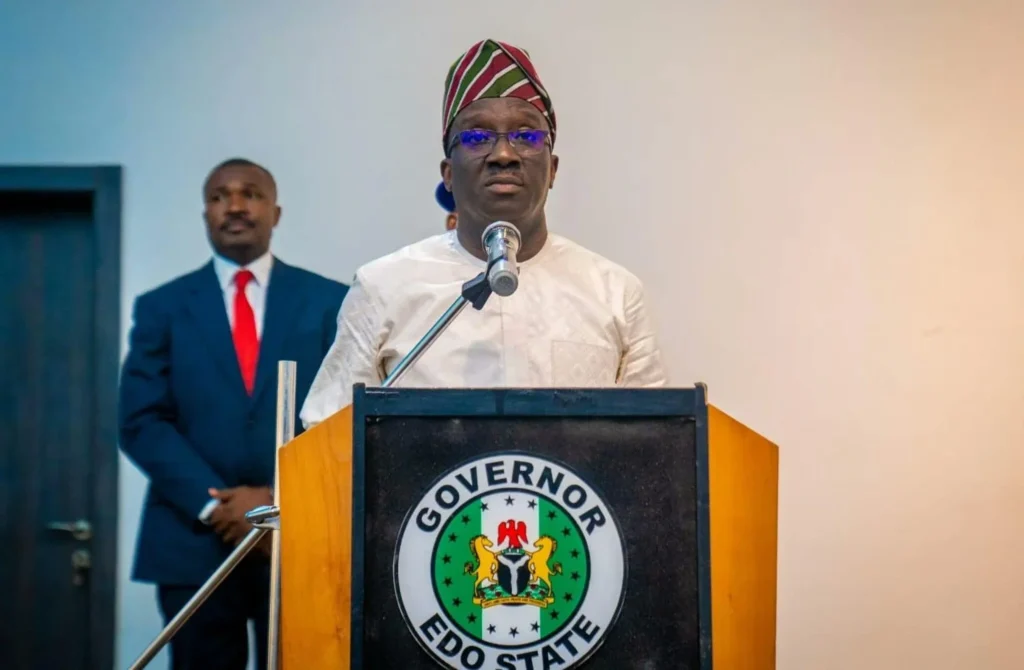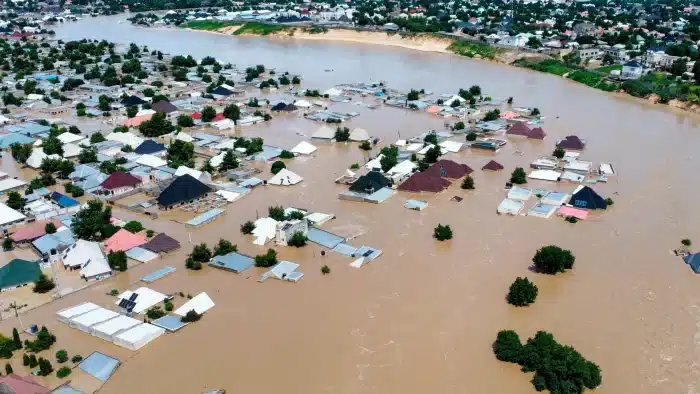“I’m Not Fela” — Burna Boy Explains Why Fela’s Albums Don’t Define His Music
In a city where every Afrobeats performer seems to carry Fela Kuti’s ghost on their shoulders, Burna Boy quietly cleared the air: he doesn’t draw direct inspiration from Fela’s albums. Not because he doesn’t respect the legend—he does—but because he sees his own sound as something separate, something born of many influences, not just one predecessor.
Picture this: a packed bar in Lagos, with Burna Boy’s songs thumping—drums, horns, growling bass—and someone in the crowd yells, “Fela would’ve killed this!” The praise feels right, but for Burna, it’s misdirection.
He has said publicly that being compared to Fela is uncomfortable, even honourable at times—but also weird. Fela, he says, is irreplaceable, iconic, the originator of Afrobeat in its truest, rawest form.
Burna Boy, raised on Fela’s legends via his grandfather’s stories, appreciates and honours that history—but wants people to see him as himself, not a reflection.
Here’s what he’s said, and what it means for his artistry—and for Nigerian music’s conversation with its past.
What He’s Actually Saying
Burna Boy described himself as the creator of Afro-fusion, distinguishing it from Afrobeat (Fela’s genre). He’s said: “I’m not Fela… I created this.”
In interviews like GQ, he expressed discomfort at being compared to Fela. Though he admires Fela deeply—as a childhood hero—he believes the comparison flattens both legacy and individuality.
He also addressed accusations that he “samples” or copies Fela’s music. While he admits influence is inevitable, he rejects the idea that his work is a homage or mimicry of any specific Fela album.
Burna Boy vs Fela
You know how Lagos traffic behaves—every car wants to drive like it invented the road. Similarly, many artists want to be “the next Fela,” but Burna Boy is reminding us that invention doesn’t always come by emulation. Sometimes, it comes by refusing to be a reflection and instead daring to be a new light in the same sky.
Also Read: Electricity Workers Strike: 5 Negative Impacts for Small-Scale Businesses
Burna might carry Fela’s spirit in his blood and his stories, but his sound—his albums, his verses, his style—isn’t a remake. It’s a reinvention.


